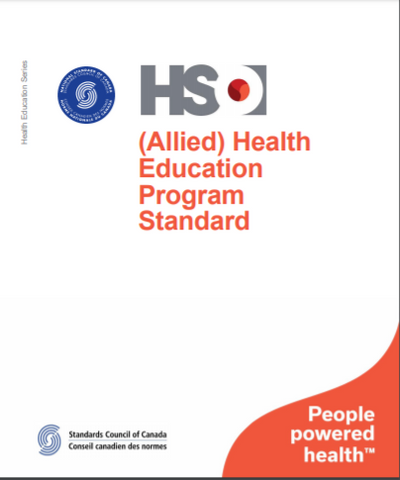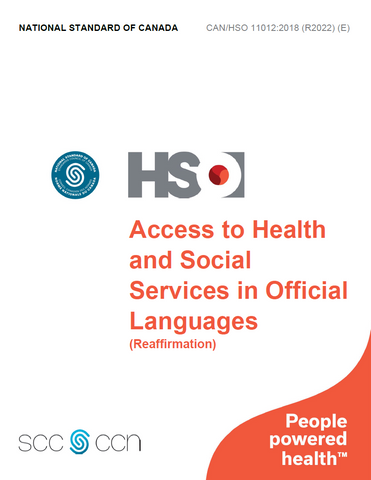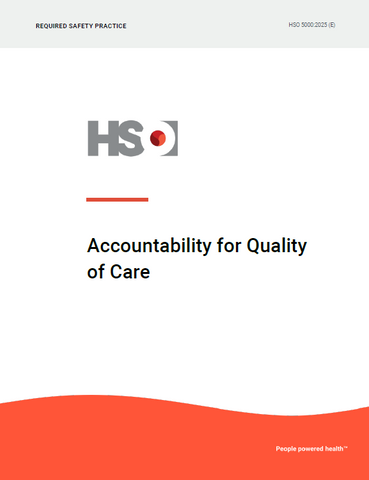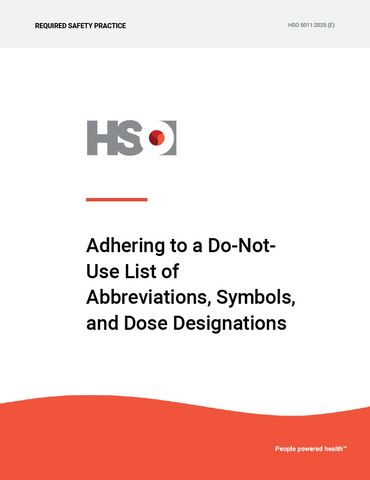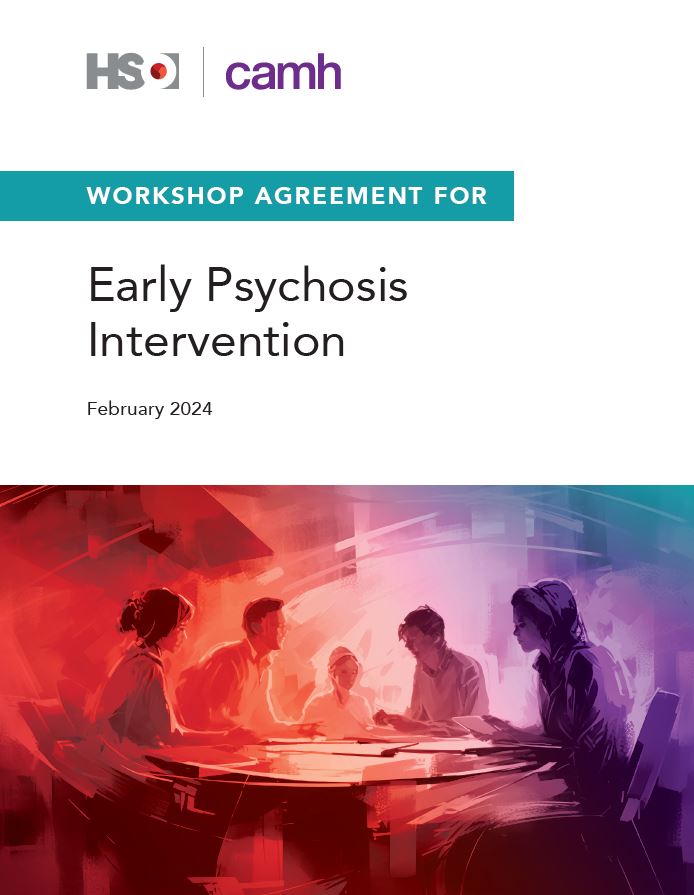
Workshop Agreement for Early Psychosis Intervention
About This Resource
This Workshop Agreement is part of the National Mental Health and Substance Use Health Collaborative, an initiative funded by the Government of Canada and coordinated by the Standards Council of Canada intended to develop national standards for evidence-based service delivery of mental health and substance-use health (MHSUH) services in Canada (National standards for mental health and substance use health services | Standards Council of Canada – Conseil canadien des normes). Early psychosis intervention (EPI) is a critical component of appropriate MHSUH service delivery as it primarily affects young people and can drastically impact the quality of life and intensity of care required across the lifespan, with significant implications for the broader health system, as well as people with psychosis and their families.
Scope
A National Workshop Agreement (NWA) was explicitly undertaken for EPI to understand the unique areas of consideration for any future standards-based deliverable created to address psychosis. This project explored guidance and best practices for EPI by expanding upon the four existing provincial standards and other guidance documents as well as current research and evidence, with enhanced engagement with a variety of knowledge-holding groups across Canada, including health providers, researchers, and people with lived and living experience.
Throughout these engagements, there was agreement that EPI services in Canada should be accessible and high quality. With these principles in mind, this Workshop Agreement provides recommendations for guidance that include EPI-specific considerations, organized under the following categories:
- System design: including policy and system-level considerations to support accessible, evidence-based, and consistent mental health and substance use health systems across Canada;
- Program delivery: including considerations for providing EPI care that is timely, culturally appropriate, equitable, person-centred, team-based, and effective;
- Implementation: including considerations for moving beyond standards to actionable, measurable, and continuous-improvement focused services within a Learning Health System.
Notable themes identified by Workshop participants include:
- Prioritizing Indigenous-led research and service design;
- Improving awareness of, and timely access to, EPI programs;
- Providing holistic care aimed at clients and their designated support person(s);
- Integrating EPI care with substance use health services;
- Providing developmentally appropriate care that is strengths-based;
- Designing care that is culturally safe, stigma-free, and anti-racist.
It was agreed that the best way to promote accessible and high-quality EPI services across the country is a set of national standards with commensurate funding, implementation support, monitoring, and accountability.
Acknowledgements
Lead partners CAMH and HSO are grateful to and acknowledge the valuable contributions of supporting partners Shkaabe Makwa and the Canadian Consortium for Early Intervention in Psychosis in developing the Early Psychosis Intervention National Workshop Agreement project and deliverables.
Alongside these organizations, a team of expert knowledge holders from across Canada joined the project Working Group and provided valuable contributions. The Working Group supported the research and design of the project phases, the facilitation of engagements with key knowledge holders, and the significant editing and review of this Workshop Agreement document to ensure the content specifically reflects the unique standards-based deliverable considerations for early psychosis intervention as heard throughout the engagements.
| Amal Abdel-Baki | Iris Kairow | Mohammed Khan |
| Aristotle Voineskos | Janet Durbin | Nicola Otter |
| Augustina Ampofo | Jennifer Wilkie | Nicole Kozloff |
| Brittany Chisholm | Julian Robbins | Rajat Jayas |
| Christopher Koegl | Kristen Porter | Sarah Bromley |
| Donald Addington | Lena Palaniyappan | Sophia Frangou |
| Eóin Killackey | Lillian Duda | Srividya Iyer |
| George Foussias | Manuela Ferrari |
HSO is an independent, not‑for‑profit corporation and is registered in Canada as a charity, in accordance with Canada Revenue Agency rules, with a mandate to enable and empower people around the world to continuously improve quality of care.
While designated as a Standards Development Organization by the Standards Council of Canada (SCC), HSO operates independently from SCC. HSO does not receive ongoing funding from SCC, other crown corporations of Canada, or federal or provincial entities.
HSO charges a nominal fee to help offset the associated costs of development and maintenance of HSO standards, as most HSO standards are self-funded.
If cost is a barrier to accessing an HSO standard, please email publications@healthstandards.org and a team member will assist you.
Standards available for purchase through this E-Store are considered HSO standards and must only be used in accordance with applicable HSO Terms of Use or client agreement and are not applicable for assessment purposes. If you are part of an assessment program such as the Qmentum accreditation program, with one of our partners including Accreditation Canada, Qualicor Europe, IQG, or IQMH, your assessment body will provide you with the assessment standard prior to the standard being incorporated into your program and used for surveys or assessment purposes. For information on assessment standards, or to obtain the version specific to your program, please contact your assessment provider.
Standards purchased online are delivered as printable PDF downloads. If you would like a copy printed and shipped to you, please email publications@healthstandards.org.

